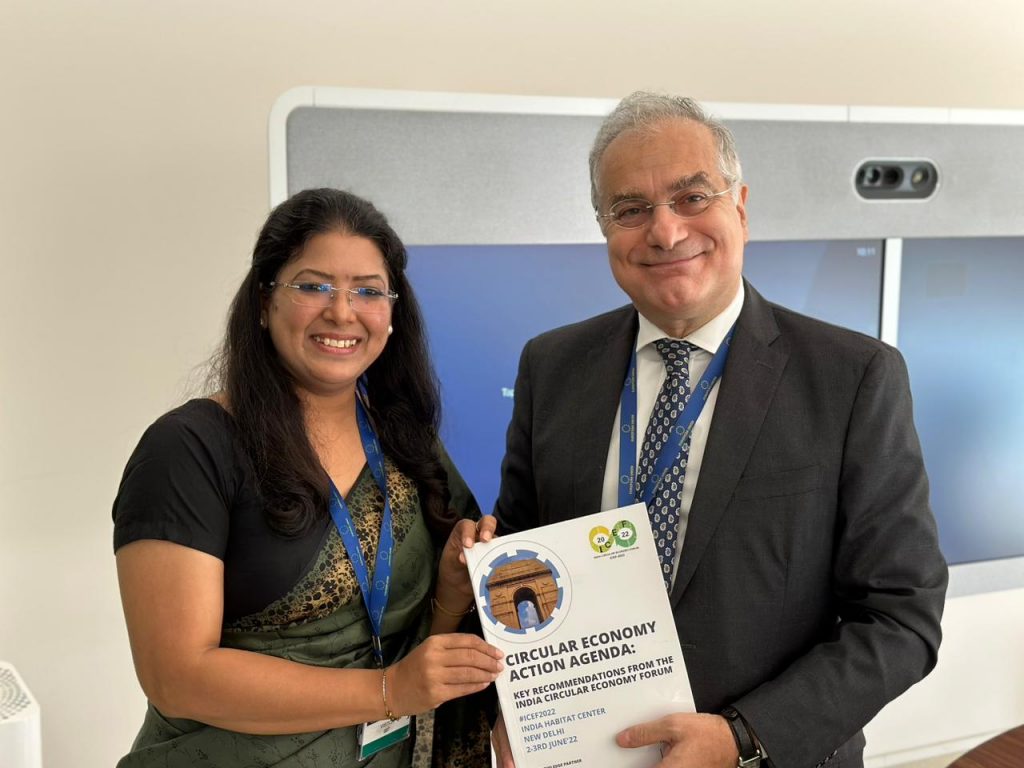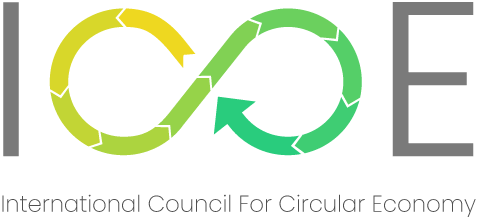
Opportunities to collaborate on India-EU Joint Declaration
EU- Delegation, 11th Nov' 22
In view of the current geopolitical and climatic context, the International Council for Circular Economy (ICCE) would like the circular economy to be one of the focal points of the G20 discussions.
Following the declaration of the EU-India joint declaration on resource efficiency and circular economy, ICCE discussed with ‘Ambassador Ugo Astuto’ that circular economy and resource efficiency are necessary to contribute to the implementation of the “2030 Agenda for Sustainable Development” and to the “Sustainable Developments Goals”.
In this perspective, both the “EU Green Deal”, including the new circular economy action plan from the European Commission and the “Strategy on Resource Efficiency” prepared by the National Institution for Transforming India (NITI) Aayog, the Government of India are an opportunity to accelerate the circular economy globally and take advantages from both sides to build deeper relation on resource efficiencies and resiliency and circular economy is beneficial.
Indeed, India is amongst the world’s fastest-growing large economies and is an important player in global economic governance. India is already an important trade and investment partner for the EU and could hold significant further potential. It represents a sizable and dynamic market, with an annual projected GDP growth rate of over 8% according to the IMF, which would make it the fastest-growing emerging economy. According to the data of the European Commission, the EU is India’s third largest trading partner, accounting for €88 billion worth of trade in goods in 2021 or 10.8% of total India.
Furthermore, trade in goods between the EU and India increased by about 30% in the last decade and trade in services between the EU and India reached €30.4 billion in 2020. Last but not least, some 6,000 European companies are present in India, providing directly 1.7 million jobs and indirectly 5 million jobs in a broad range of sectors. In this way, circular economy isn’t only an environmental opportunity but also an industrial one.
Because in a globalized supply chain, moving towards a circular economy requires international cooperation, we believe that large economies such as the EU and India have a key role to play in the global transition towards a circular economy and a lot to gain from stronger business cooperation and aligned legislation.
